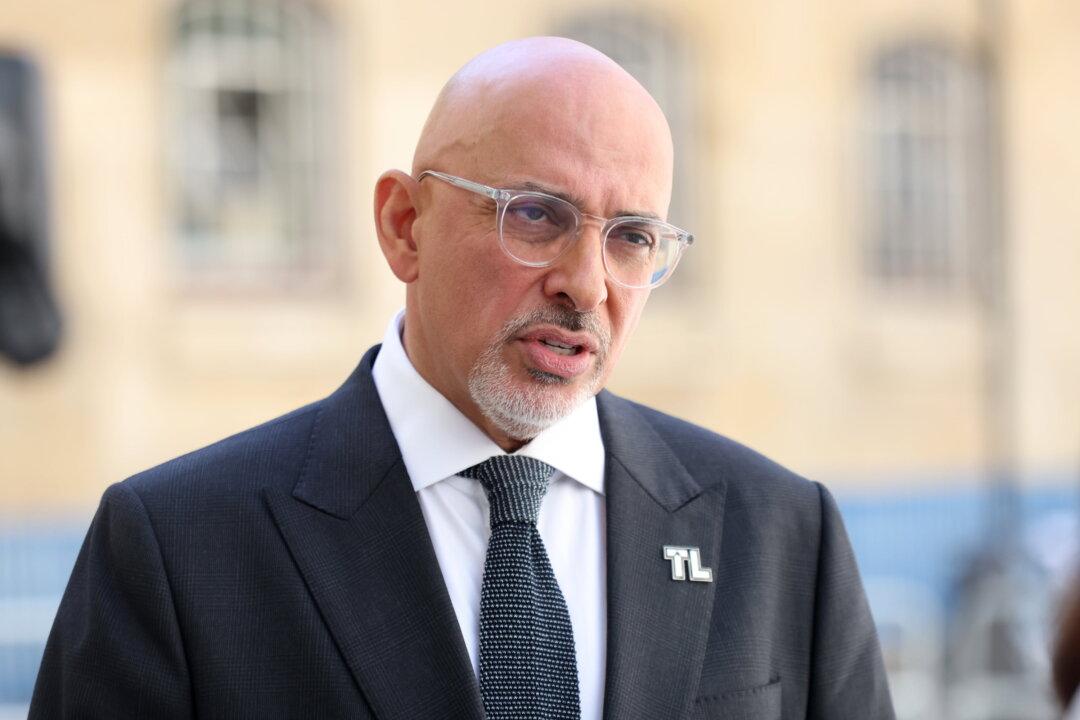Conservative MPs have called for the abolition of the inheritance tax, with former Chancellor Nadhim Zahawi suggesting it was “morally wrong” to take someone’s assets on their death.
Writing in The Telegraph, Zahawi argued that inheritance tax negatively affects personal finances and the wider economy.





